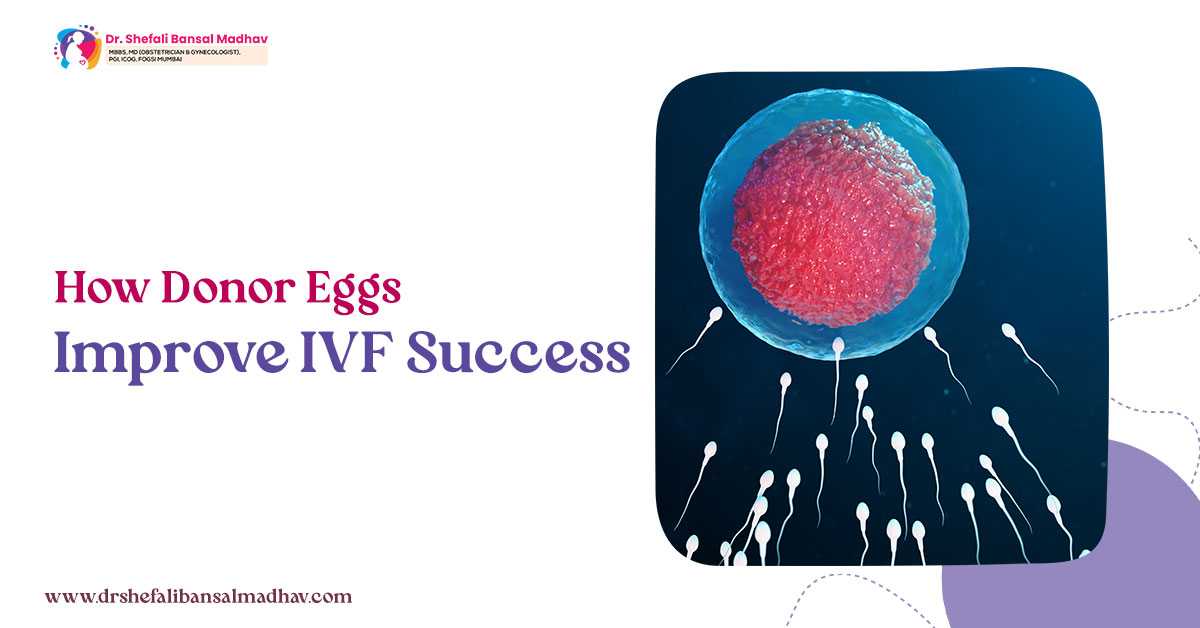The reasons for the inability to achieve natural pregnancy are several. Sometimes, the reason is unexplained, known as unexplained infertility. The sperm has to join with an egg for fertilization or to form a single cell. But if the sperm fails to cross the outer layer of the egg so as to fertilize it in the fallopian tube, pregnancy cannot occur.
Intracytoplasmic Sperm Injection, commonly called ICSI, typically takes place in combination with In Vitro Fertilization (IVF). In ICSI, the specialist injects a single sperm directly into the egg to help conception. Many a time, the outer layer of the egg is dense, the sperm count is low, the sperm don’t move normally or the sperm involves poor morphology (abnormal shape), hindering the process of fertilization.
When ICSI Is Recommended
ICSI is more associated with male infertility. Male infertility is when a man cannot impregnate his female partner after a number of attempts through unprotected sexual intercourse for one year. A doctor might suggest ICSI for:
- Poor sperm quality
- Poor movement of sperm
- Blockage in the male reproductive tract
- Poor sperm count
- Inability to ejaculate
- Abnormal sperm shape
- Erection difficulties
- Dry orgasm/retrograde ejaculation, in which semen enters the bladder
- Individuals using previously frozen sperm or eggs
What Happens During ICSI
An Ob-Gyn or a specialist prescribes fertility medication/injections for eight to fourteen days to stimulate egg production in the ovaries. Your doctor monitors routinely the development of the eggs.
A healthcare provider asks for a sperm sample. In case, a man is unable to produce a sperm sample on his own, it is surgically retrieved. Once the semen collection is done and a single sperm is retrieved, the doctor injects the retrieved sperm into an egg with a thin hollow needle.
After the process is done, now, the healthcare provider administers the fertilized egg in order to keep track of successful embryo creation. Upon the embryo advanced to a certain stage of growth in the lab, the doctor prepares embryo transfer to the uterus using an ultrasound-guided technology.
Feel free to discuss with your doctor about the treatment process. If you have decided to go ahead with IVF treatment with/without ICSI, reach out to a reputed healthcare center or an IVF specialist and get insights into these assisted reproductive technologies. Based on your overall health, medical experts approve infertility treatment.
Generally, ICSI is a type of In vitro fertilization through the direct injection of a single sperm into the center of an egg. IVF tends to be suitable for both men and women. More specifically concerning ICSI, this infertility treatment is more prominent with sperm-related fertility issues. And in ICSI, fewer sperm are required, out of which a single sperm plays the key role in fertilization.
For more queries you can always consult with the best Fertility Specialist in Siliguri.
Comments (0)







